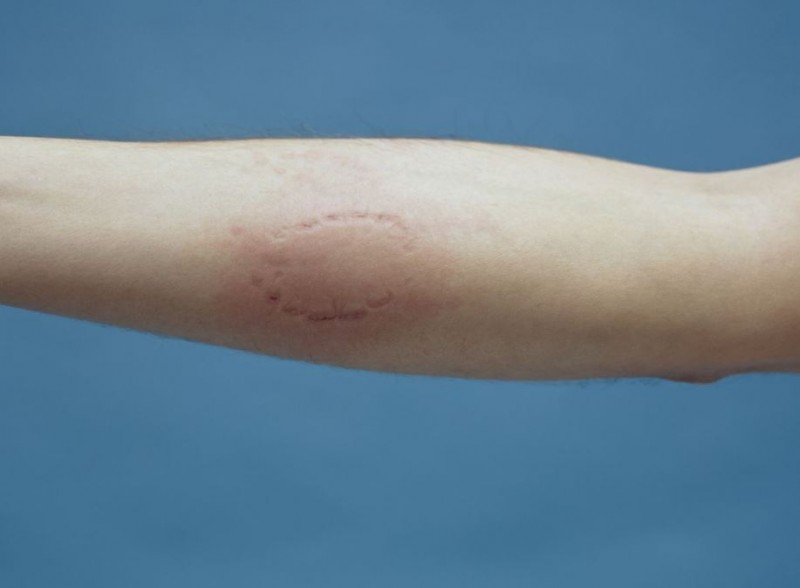
Human bites can be surprisingly dangerous, often more so than animal bites. This is because the human mouth harbors a diverse array of bacteria and viruses that can cause severe infections when introduced into the body through a bite wound. Understanding the risks, symptoms, and first aid measures for human bites is crucial for effective management and prevention of complications.
Why Are Human Bites Dangerous?
Human bites are particularly dangerous due to the complex microbial environment in the human mouth. Over 600 different species of bacteria reside in the mouth, including Streptococcus, Staphylococcus, and Eikenella corrodens. When a bite breaks the skin, these bacteria can enter the wound, leading to serious infections.
Human bites can occur in various situations, such as during fights, accidents, or even through self-inflicted injuries. For instance, a common scenario is when a person's knuckles come into contact with another's teeth during a fight, resulting in what is known as a "clenched fist injury" or "fight bite." Additionally, accidental self-biting, such as during a fall, can also introduce harmful bacteria into the body.
Symptoms of a Human Bite
The symptoms of a human bite can vary depending on the severity and depth of the wound. Common signs to watch for include:
Skin Damage: The skin may be cut, torn, or punctured, increasing the risk of infection.
Pain and Swelling: The affected area may become tender, swollen, and painful.
Redness and Warmth: These are common signs of an inflammatory response to infection.
Pus Formation: The presence of pus indicates a bacterial infection and requires medical attention.
Delayed Healing: Infected wounds tend to heal slowly and may worsen over time.
First Aid for Human Bites
Prompt first aid can significantly reduce the risk of complications from a human bite. Here are the steps to take:
Stop the Bleeding: Apply pressure to the wound with a clean, dry cloth to stop any bleeding.
Clean the Wound: Thoroughly wash the wound with soap and water to remove any bacteria. Avoid using harsh chemicals or antiseptics directly on the wound.
Cover the Wound: Apply a clean, non-stick bandage to the affected area to protect it from further contamination.
Seek Medical Attention: Human bites often require professional medical evaluation. If the wound is deep, or if there are signs of infection, visit a healthcare provider as soon as possible.
When to Seek Emergency Medical Help
Certain situations necessitate immediate medical intervention:
Deep or Large Wounds: Any bite that causes significant tissue damage needs urgent medical care.
Signs of Infection: If the wound becomes increasingly painful, swollen, red, or if pus forms, seek medical help.
Tetanus Risk: If you haven't had a tetanus shot in the past five years, you may need a booster. It's crucial to get this within 48 hours of the bite to prevent tetanus infection.
Expert Recommendations
Experts emphasize the importance of taking human bites seriously due to the high risk of infection. Dr. John Smith, an infectious disease specialist, states, "Human bites can introduce a range of bacteria into the body, making them particularly prone to infections. Prompt cleaning and medical evaluation are essential to prevent complications."
In addition to the immediate care, follow-up visits to a healthcare provider are often necessary to monitor the wound's healing process and to ensure that no infection has developed or spread.
Human bites pose a significant health risk due to the potential for severe bacterial infections. Understanding the dangers, recognizing the symptoms, and knowing how to administer first aid can help mitigate these risks. Always seek professional medical advice following a human bite to ensure proper treatment and recovery.
Are You Working on Late Nights? Then Eat This To Keep Active
These Essential Tips Can Help You Prevent Kidney Stones, Would You Try Them?
What to Avoid When Eating Pomegranate: Important Tips for Health